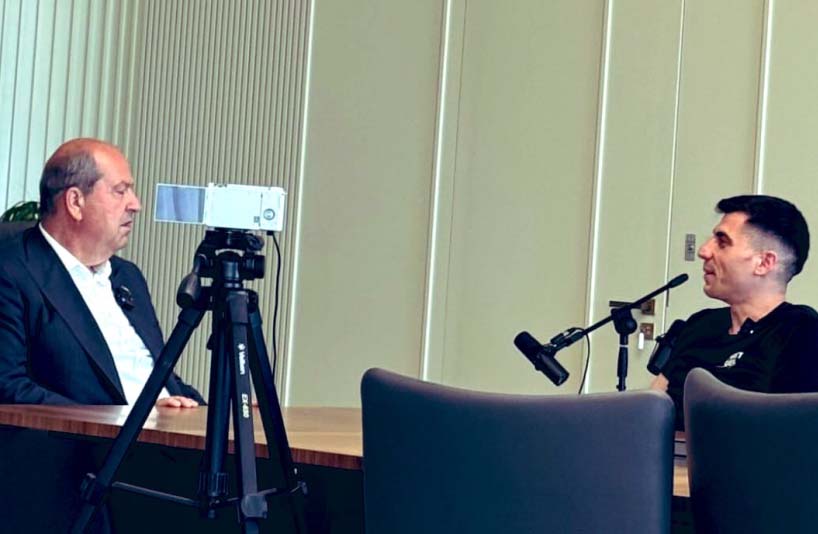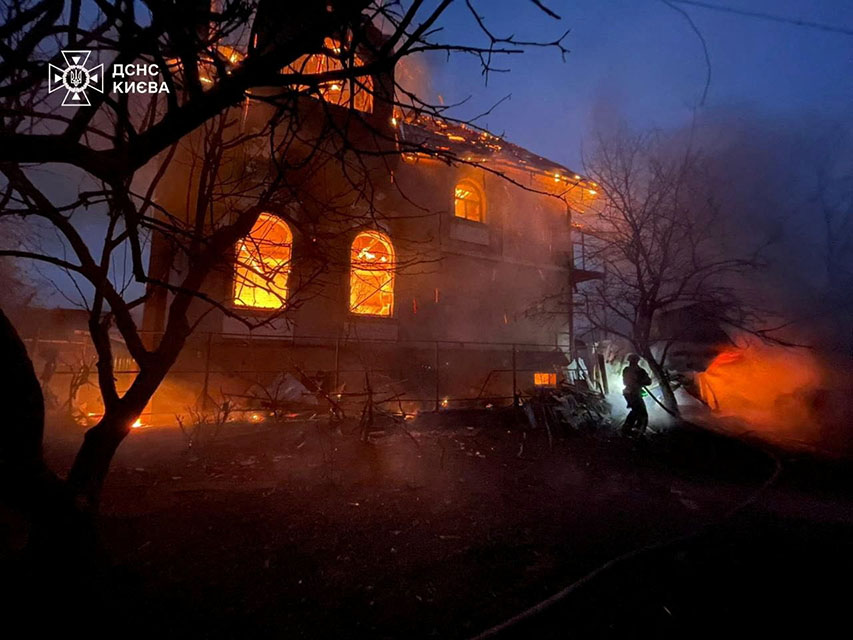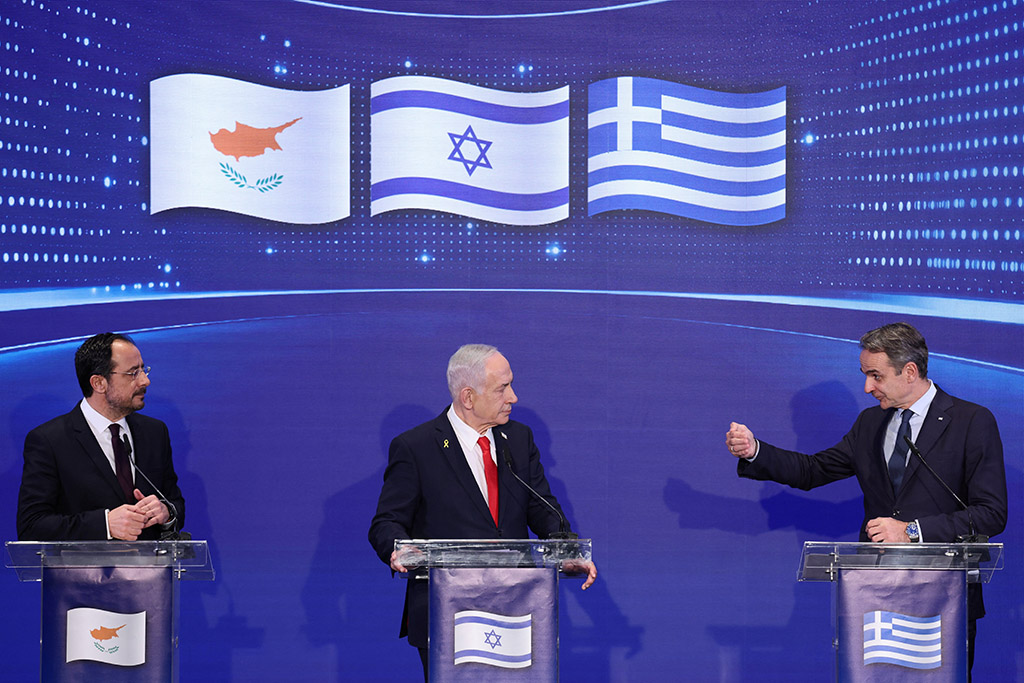Cypriot MEP Fidias Panayiotou has gone ahead with publishing his highly controversial interview with Turkish Cypriot leader Ersin Tatar, following days of criticism from political parties and government officials.
The video, titled “The Leader of a State that nobody Recognizes – Ersin Tatar,” appeared on Panayiotou’s English-language YouTube channel on Monday evening.
Watch the full interview here:
The move comes after mounting pressure and accusations that Panayiotou’s actions risk promoting the political narrative of the Turkish Cypriot administration, which is recognised only by Turkey. Government spokesman Konstantinos Letymbiotis had previously warned that such interviews could be used as “propaganda tools” and may violate United Nations resolutions. He expressed concern over both the content and the symbolic location of the interview, the so-called “presidential palace” in the north.
Despite the backlash, Panayiotou stood by his decision. In a video statement, he said he does not recognise Tatar as a president, nor the venue as a legitimate presidential palace.
“I thought that with this debate the two sides may understand each other a little better,” Panayiotou said.
“It seems, however, that what matters to some is not the substance, but the people involved and protocol.”
The MEP argued that his goal was to spark conversation and bring attention to the stagnant state of the Cyprus problem.
Political reactions have remained firm. Diko party said Panayiotou has allowed himself to be exploited by Turkish diplomacy, while Edek accused him of serving “Turkish propaganda.” Panayiotou also revealed plans to feature CTP leader Tufan Erhurman, the main opposition figure in the north, in a future podcast episode.
Meanwhile, preparations for a multilateral conference on Cyprus continue, with possible dates set for mid-July. While Turkish Cypriot authorities have cited July 16–17, government officials say no official UN invitations have been issued.
As public debate continues, Panayiotou’s latest release has deepened divisions over how elected officials should approach dialogue with the Turkish Cypriot leadership, and what limits, if any, should guide their engagement.







Click here to change your cookie preferences